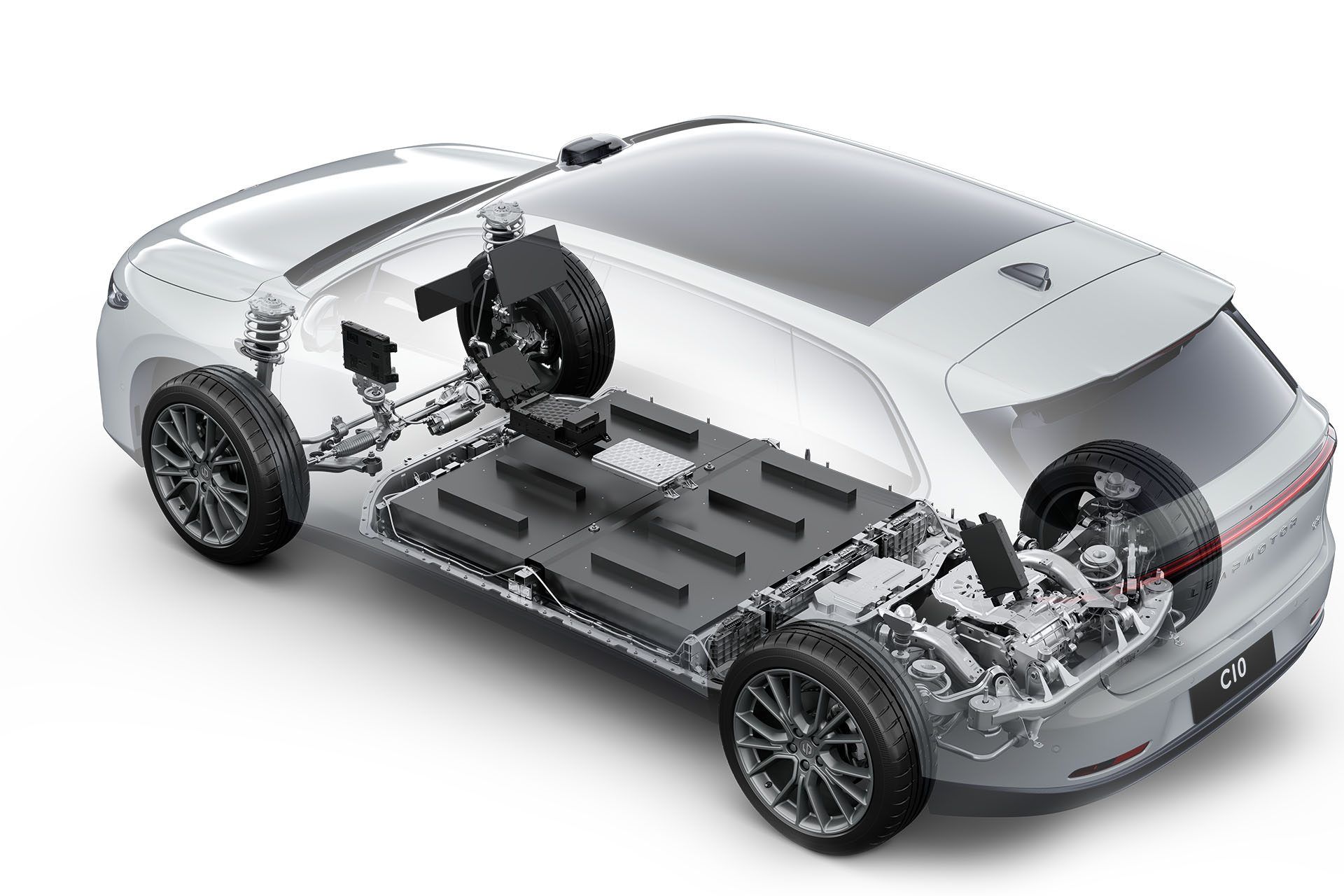Australian New Car Market Hits Record High with 89,782 January Sales in 2024

In a promising start to the new year, the Australian automotive industry has once again demonstrated resilience and vitality as it continues its upward trajectory. With a record-breaking January, marked by an impressive 89,782 new vehicle sales, the market has set a bullish tone for the months ahead. This robust performance underscores the enduring appeal of automobiles in the country despite economic fluctuations and changing consumer preferences.
The latest figures, released by the Federal Chamber of Automotive Industries (FCAI), reveal a significant uptick in new car sales compared to previous years. Notably, this represents a 5.2% increase over January 2023, signaling sustained growth and confidence among consumers and industry stakeholders alike. Such positive momentum is a testament to the strength of the Australian economy and the resilience of the automotive sector in the face of challenges posed by the COVID-19 pandemic and global supply chain disruptions.
Several factors have contributed to the strong performance of the Australian new car market in January 2024. Chief among these is the continued demand for SUVs (Sports Utility Vehicles) and light commercial vehicles, which have remained popular choices among Australian consumers for their versatility, comfort, and practicality. Additionally, ongoing innovations in vehicle technology, coupled with competitive pricing and attractive financing options, have incentivized consumers to upgrade their vehicles or invest in new ones.
Furthermore, the easing of COVID-19 restrictions and the gradual return to normalcy have bolstered consumer confidence and spurred spending on big-ticket items such as automobiles. With pent-up demand driving sales, dealerships across the country have reported brisk business and increased foot traffic, reflecting a renewed sense of optimism within the industry.
The record January sales figures are particularly noteworthy given the challenges posed by supply chain disruptions and semiconductor shortages that have plagued the global automotive industry in recent years. Despite these headwinds, Australian dealerships have managed to navigate the complexities of inventory management and logistics to meet consumer demand and capitalize on favorable market conditions.
Looking ahead, industry analysts are cautiously optimistic about the prospects for the Australian new car market in 2024. While challenges such as rising inflation, geopolitical uncertainties, and environmental concerns remain, the underlying fundamentals driving demand for automobiles – including population growth, urbanization, and infrastructure development – are expected to provide a solid foundation for continued growth.
Moreover, the transition towards electric and hybrid vehicles, spurred by government incentives and environmental regulations, presents new opportunities for manufacturers and consumers alike. As the automotive landscape evolves, Australian car buyers are increasingly prioritizing sustainability, fuel efficiency, and technological innovation, driving demand for eco-friendly alternatives and prompting industry players to adapt and innovate.
In conclusion, the record January sales of 89,782 new vehicles in Australia signal a promising start to the year for the automotive industry. Despite ongoing challenges and uncertainties, the resilience and adaptability of industry stakeholders, coupled with robust consumer demand and favorable market conditions, bode well for continued growth and prosperity in the months ahead. As the industry embraces change and embraces innovation, the future of the Australian automotive market looks bright and promising.








